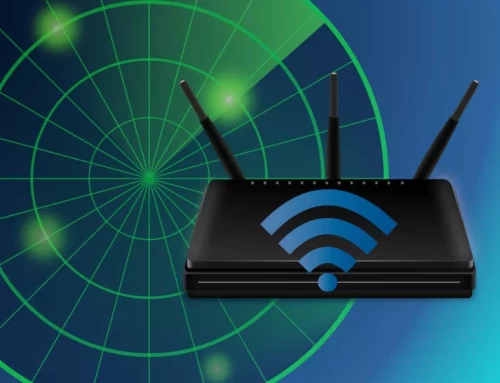Anti-rootkit
Our computers and other electronic devices have become an essential part of our lives in the current digital era, storing important data and helping us with daily tasks. Unfortunately, because our devices are connected, we are also at risk from malicious software. Among these dangers are rootkits. Rootkits are dangerous, covert forms of malware that can compromise system security and invade our privacy. This article will discuss the importance of anti-rootkit software and highlight how it protects our online identities.
Understanding Rootkits
Understanding rootkits and how they work is essential before discussing the value of anti-rootkit software. Rootkits are sophisticated programmes made to access a computer or other device without authorization while avoiding detection. They work by taking advantage of flaws in the operating system, which gives attackers access to administrative-level control and allows them to hide their identity.
Once a rootkit has entered a system, it is very challenging to find and get rid of it. In order to avoid detection, rootkits can alter antivirus software, hide files, processes, and network connections, as well as alter system operations. They are an effective tool for cybercriminals thanks to their stealthy behaviour, which enables them to maintain unauthorised access, steal confidential data, and launch additional attacks.
The Role of Anti-Rootkit Software
Rootkits are difficult to detect and remove using conventional antivirus software because of their stealth and persistence. Anti-rootkit software is essential in this situation. The purpose of anti-rootkit tools is to identify, eliminate, and stop rootkits from compromising a system. They are specialis security programmes. They use cutting-edge methods to find and get rid of these covert threats, protecting your system’s security and integrity.
Key Benefits of Anti-Rootkit Software
Detection and Removal: To locate and get rid of rootkits from your system, anti-rootkit software uses a variety of scanning techniques, such as behaviour analysis, signature detection, and rootkit-specific algorithms. These instruments eliminate the threat and restore system integrity by concentrating on the rootkit’s covert components and processes.
Zero-day exploits are vulnerabilities that are not yet known to the software vendor or the security community. By observing system behaviour and spotting suspicious activity, anti-rootkit software can spot and mitigate these exploits, offering proactive defence against new dangers.
System Health Monitoring: Anti-rootkit tools continuously check system integrity and health in addition to identifying and removing rootkits. Rootkits can indicate infection. They closely examine critical system components such as the kernel and system registry to detect any changes or anomalies. Regular observation ensures the quick identification and mitigation of any potential threats.
Enhanced Data Security and Privacy: Rootkits are frequently used to snoop on users, steal private data, or gain unauthoris access to financial accounts. Anti-rootkit software protects your privacy, safeguards your sensitive data, and stops unauthoris access to your system by removing rootkits.
This software is a complement to traditional antivirus programmes because it specifically addresses the threat that rootkits pose. Anti-rootkit tools target the elusive and stealthy nature of rootkits. J provides complete protection against a wide range of threats, against antivirus software that targets known malware signatures.
Protecting our digital lives from malicious actors is crucial in a world that is becoming more interconnected. Rootkits pose a serious threat to the security and privacy of our systems because they can get around conventional security measures. A vital line of defence, anti-rootkit software aids in the detection, eradication, and prevention of rootkit infections. We can strengthen our defences, protect our privacy, and guarantee the integrity of our digital lives by investing in powerful anti-rootkit solutions and routinely scanning our systems.
What is anti rootkit?
RAM Antivirus Protecting your systems from rootkits is a two-pronged process involving scanning for existing malware and preventing the installation of new programs.
A rootkit is a type of malware designed to allow hackers to access and control a target device. Although most rootkits affect software and the operating system, some can also infect your computer’s hardware and firmware.
What are the five steps of the data breach response plan?
5 steps to developing an effective response to data breaches…
Data Breach Response Plan – A 5 Step Process
- Define a violation.
- Identify response teams.
- Develop a contact list.
- Formulate effective communications plans.
- Initiate a cybersecurity incident response plan.








